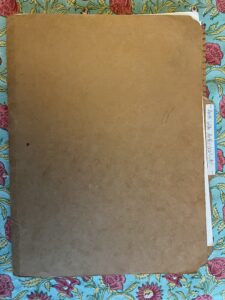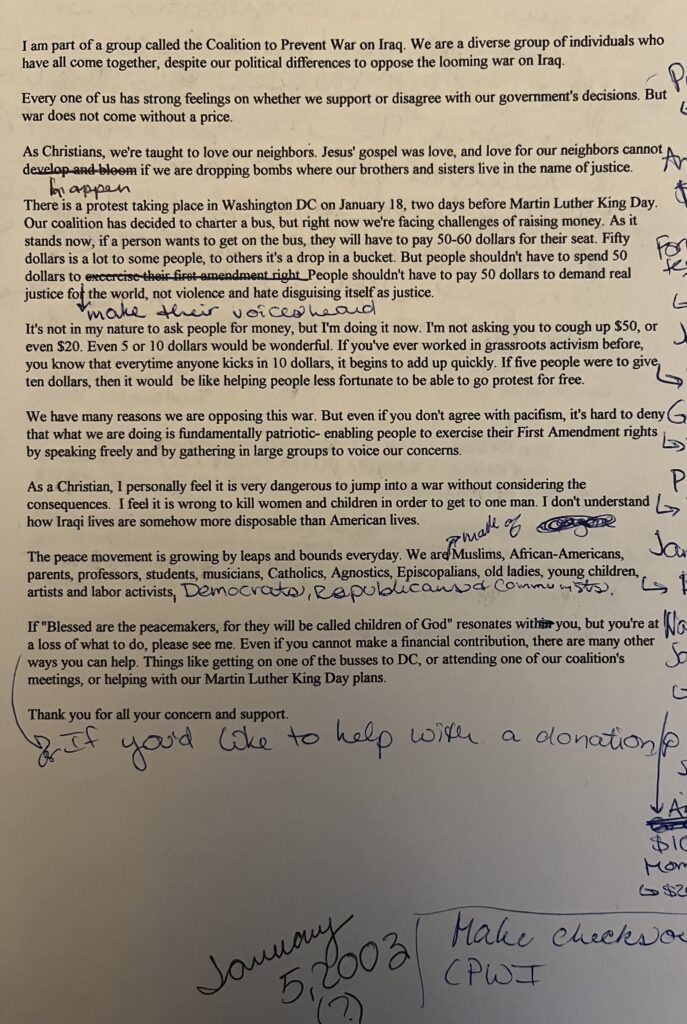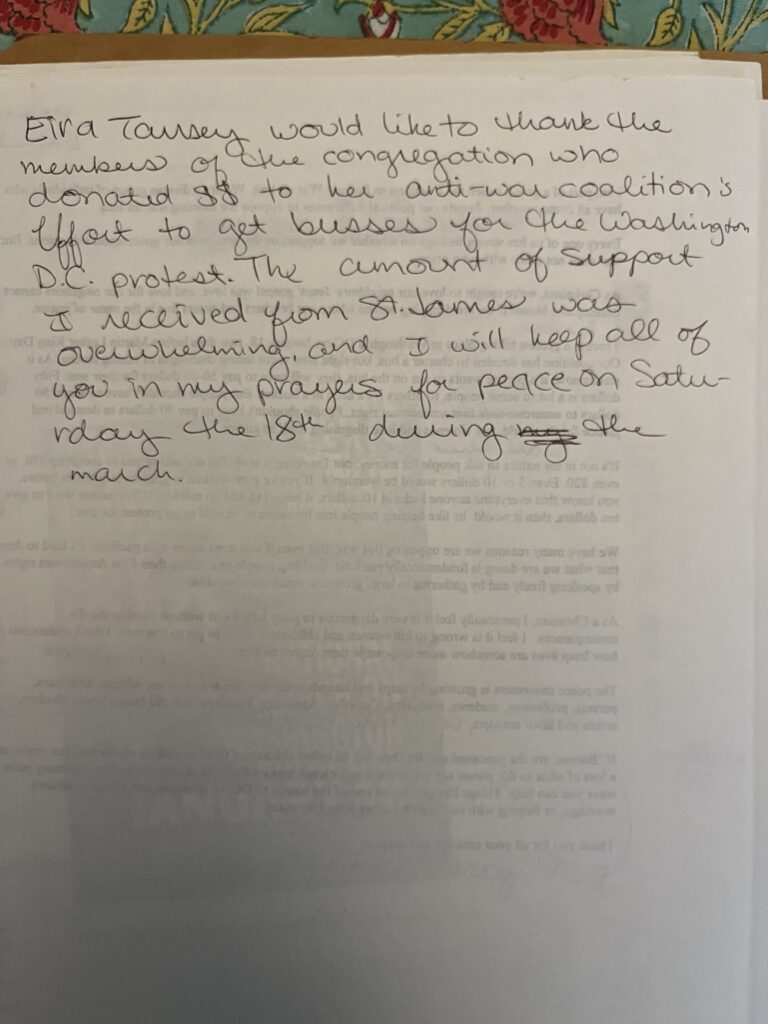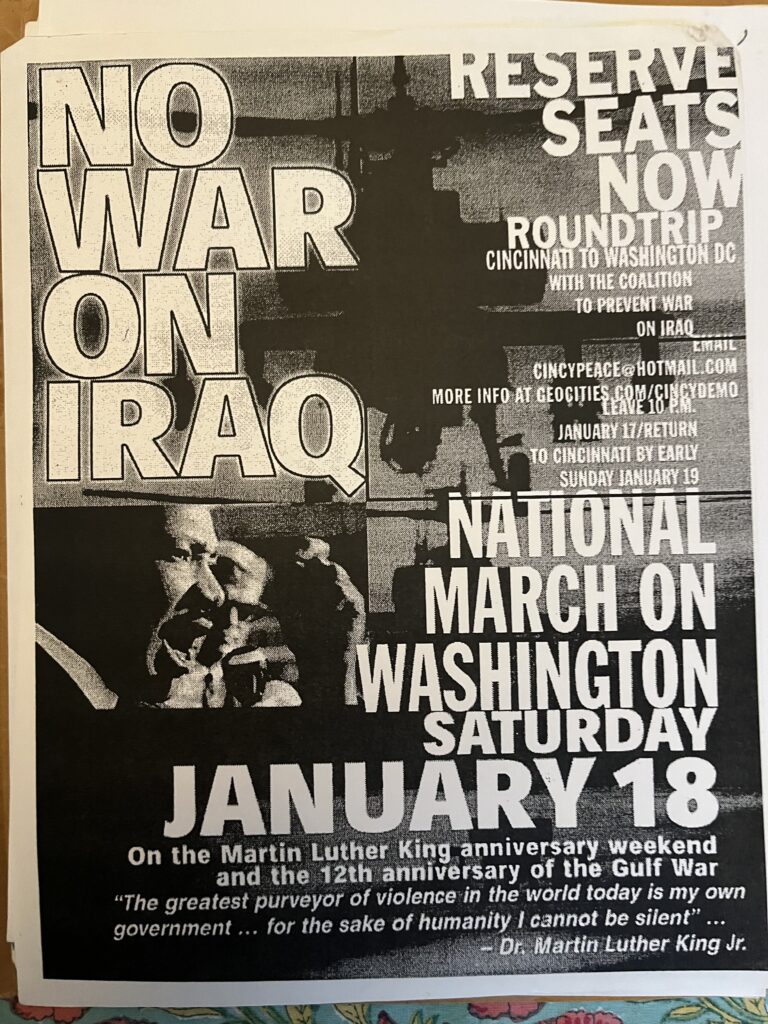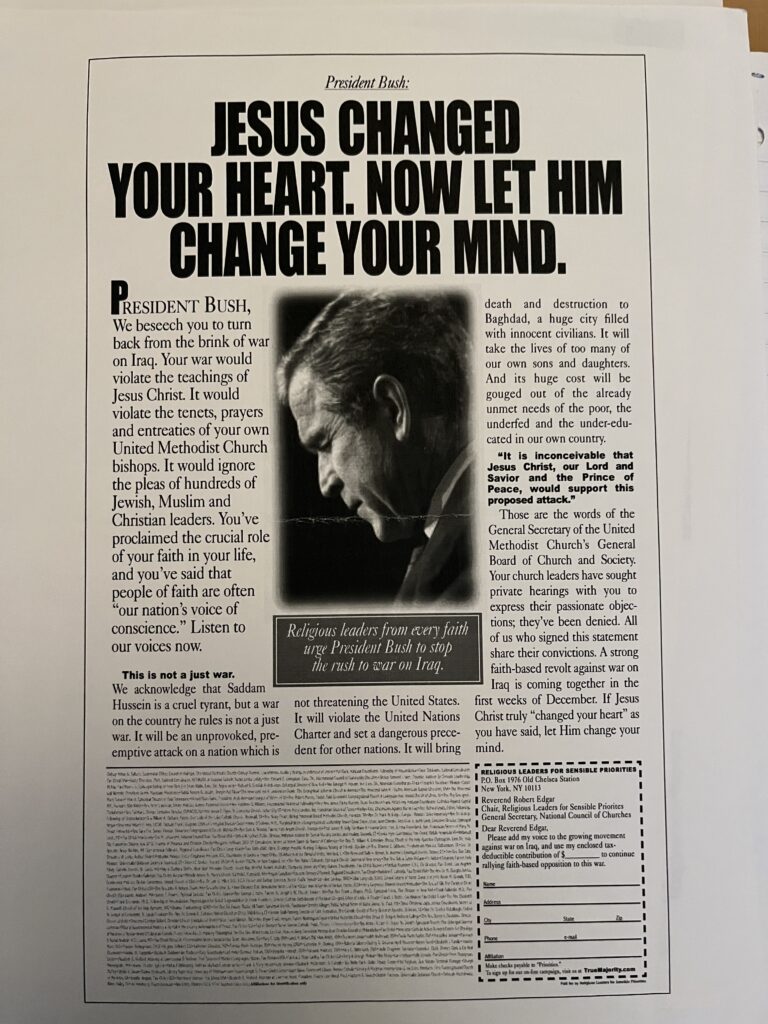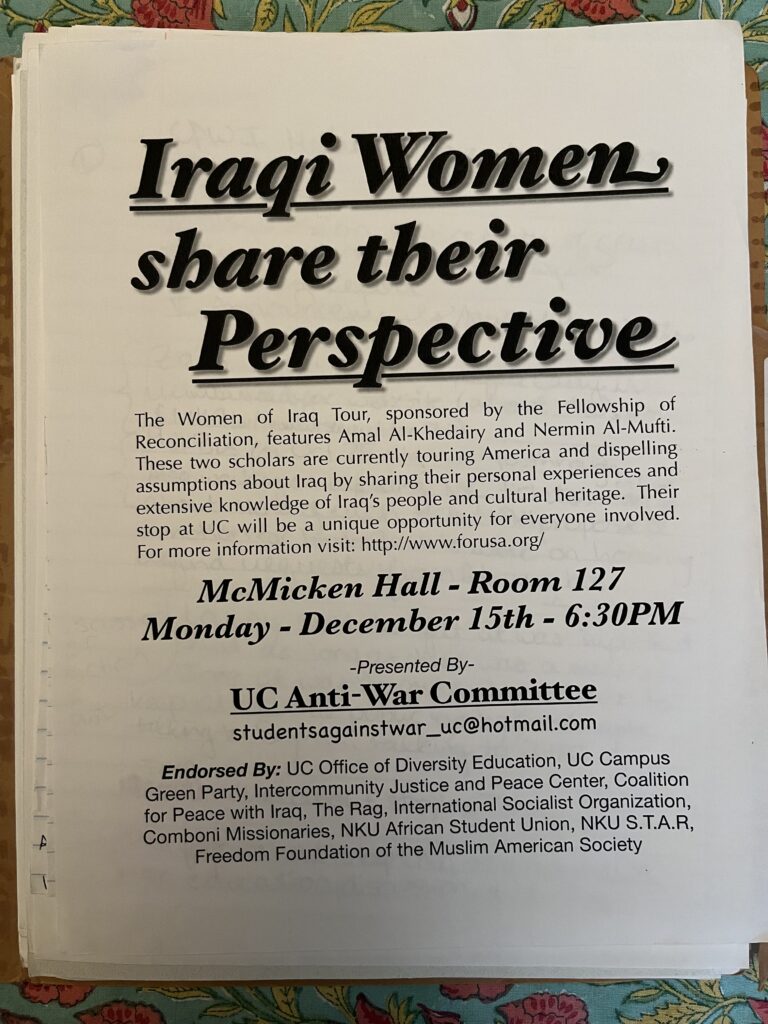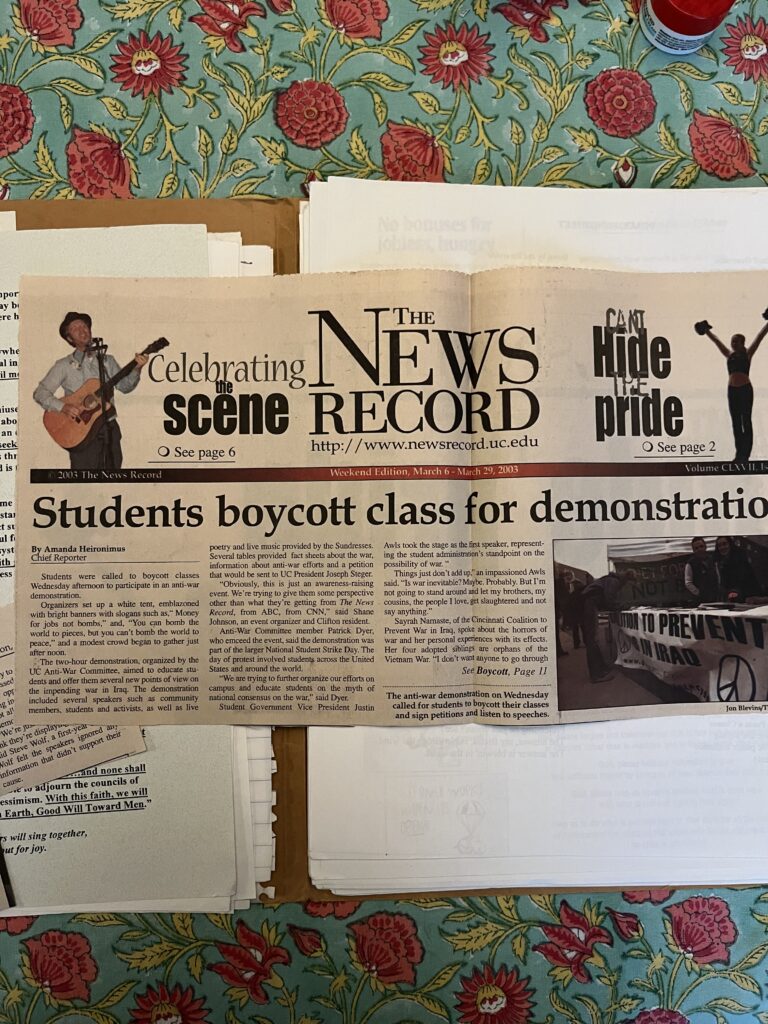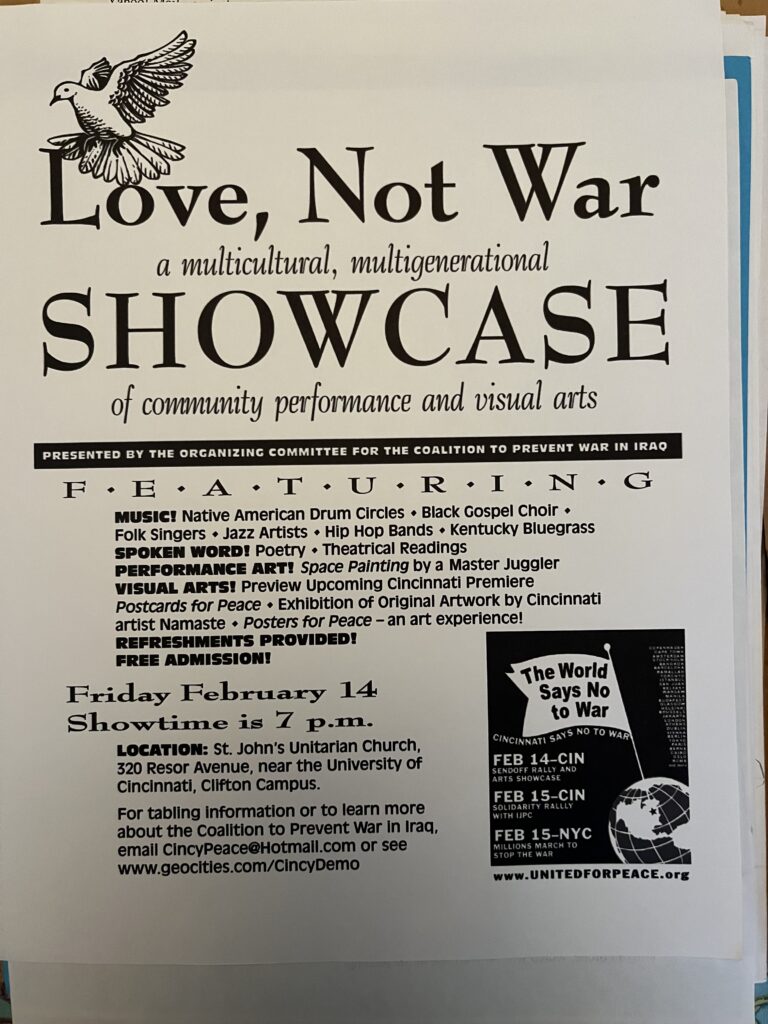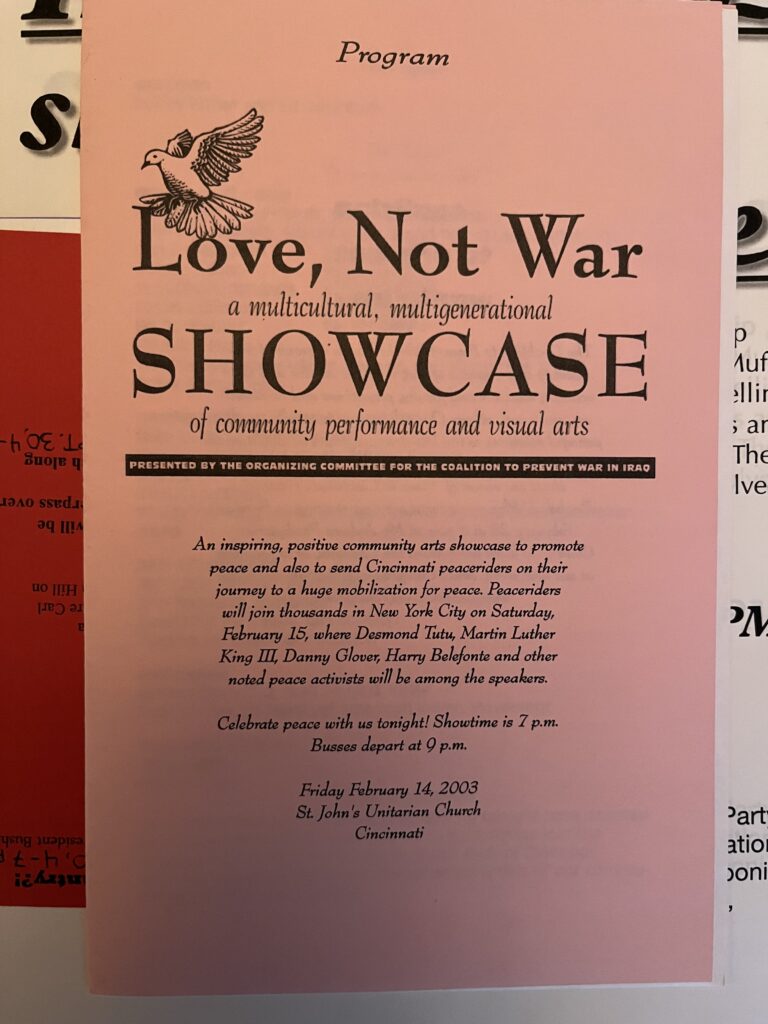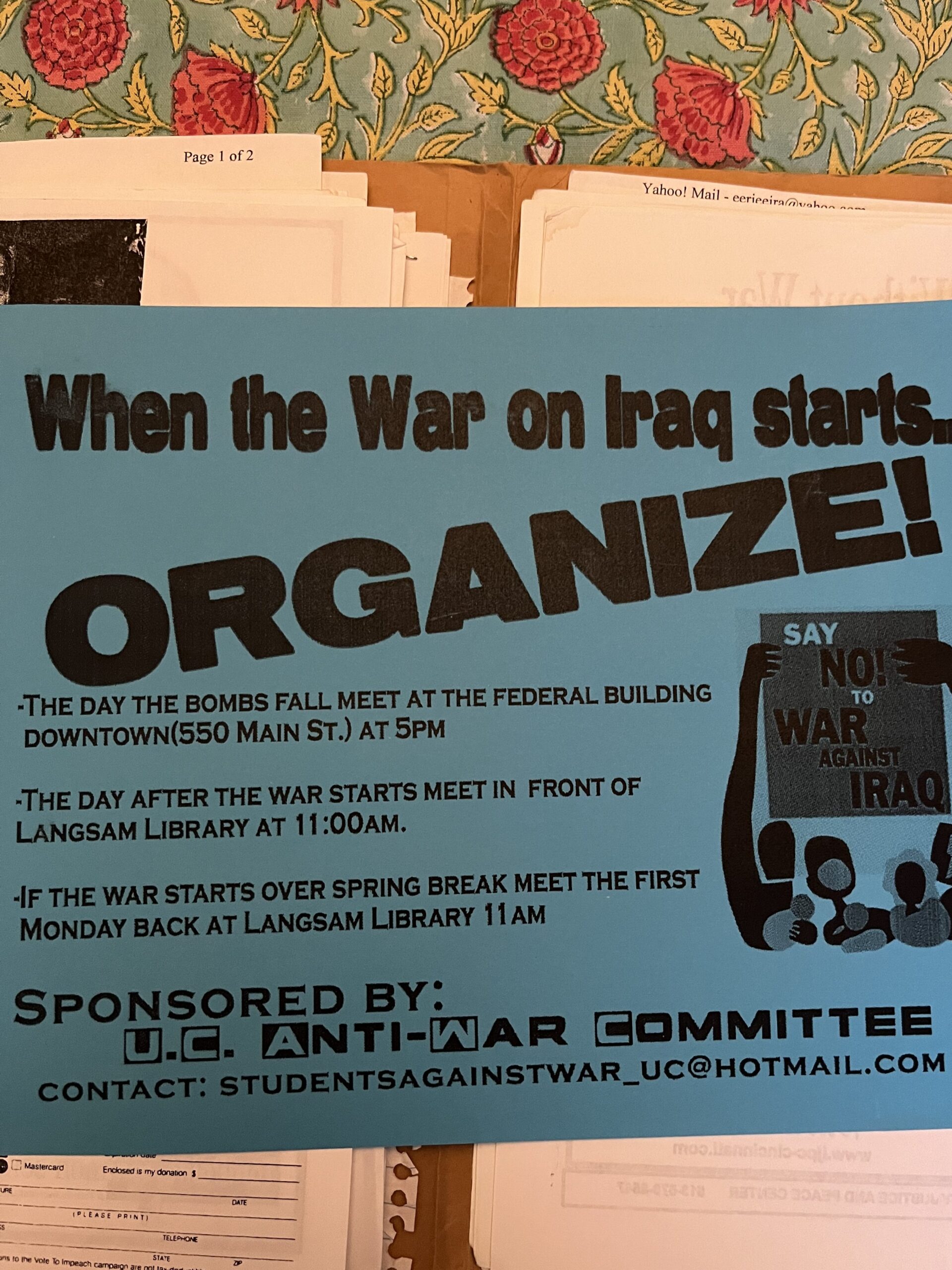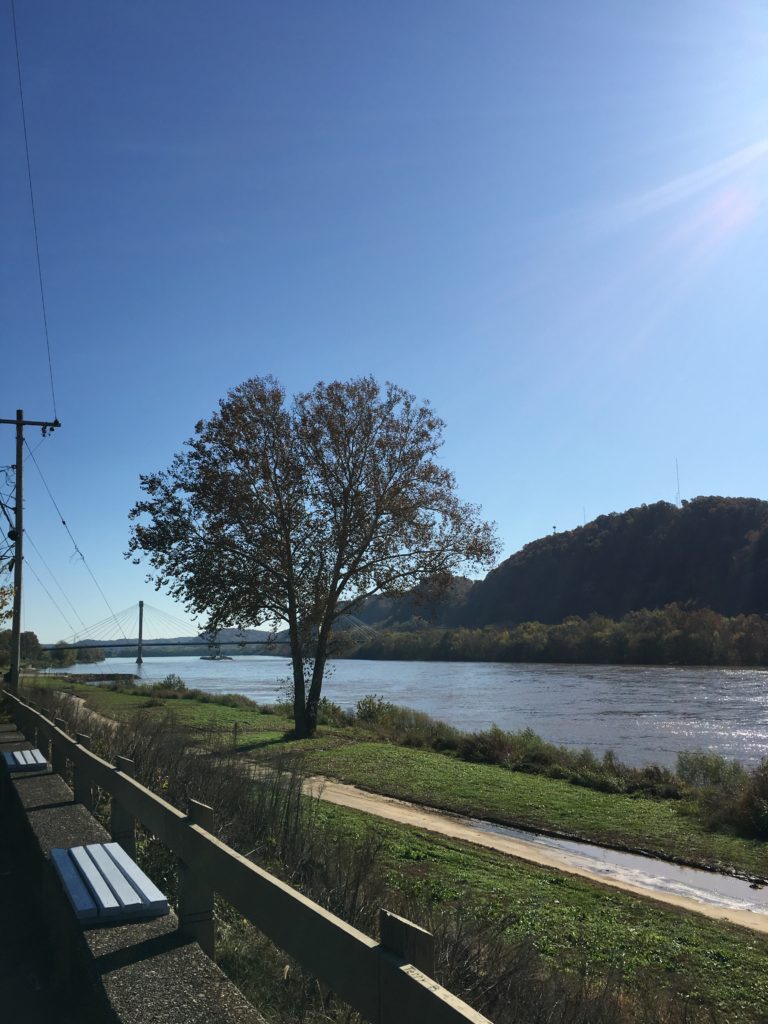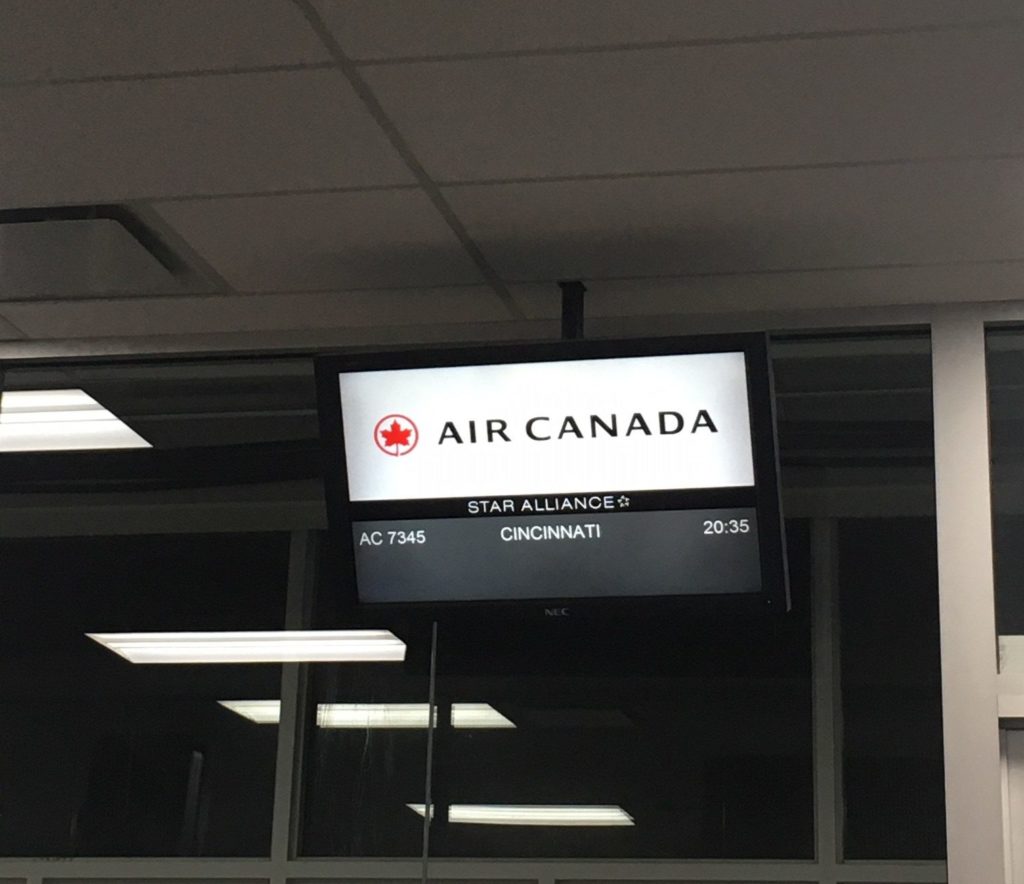What it took to take the leap
It’s been about eight months since I took the leap to self-employment and building my business. In reality, the transition started much earlier, because it took months of planning and laying the groundwork to follow through on such a major decision. With the end of the year coming up, and today as the anniversary of my LLC registration, I’m reflecting a lot on the major behind the scenes work it took to take the leap.
When I was knee deep in navigating my career transition, I was (and remain) constantly hungry for stories of how people made their own major career shifts. Over the last couple years I’ve received more advice and wisdom from strangers, acquaintances, and friends than I could ever possibly pay back, so I want to share a little bit here about how it went (and is still going) for me. Life is too short to stay in a job that’s making you miserable, but sometimes when you’re in the middle of the misery it’s difficult to even see an exit strategy.
In order to take the leap, I had to talk to a lot of people, and then I had to listen. A lot. And I also had to start listening to sources of information I had never really listened to before.
Over the last two years as I knew I needed a change, I talked to people who had left academic libraries altogether. I talked to interviewers during job interviews for new roles. I talked to people who had moved back and forth between employee and freelancer roles. I talked to friends who were laid off from salaried roles who unexpectedly became self-employed and loved it. I talked to friends who voluntarily left salaried roles to deliberately become self-employed and loved it. I talked to formerly self-employed people who decided it wasn’t for them and went back to salaried roles. I talked to retired people. I talked to people in my network who ended up becoming some of my first clients. I talked to self-employed librarians/archivists/museum people who had been doing it a long time who helped me see what the day to day would look like (and every single good, bad, and ugly thing they told me about all happened within the first six months I went out on my own).
I talked to my friends in group chats. I talked to my friends over phone calls. I talked to my friends over beers. I talked to my friends over ice cream. I talked to my friends so much I got to a point where I felt sheepish about continuing to talk about it. I talked to my parents (my dad told me that one of the best jobs he’d ever had had started out as a part-time consulting gig when he was between jobs). I talked to my cousin, who is like my sister. I talked to a therapist. I talked to a career coach. I (silently) talked to God every Sunday morning at 10:00 AM at my Quaker meeting. I talked to a clearness committee at my Quaker meeting. I talked to my financial advisor. I talked to my husband so incessantly that at one point he bought me a shirt on Valentines Day that said QUIT YOUR JOB.
I had to talk to a lot of people because my brain had to see that it was possible, that I was not trapped, that I wouldn’t be ruining my life forever if I left a tenured and unionized faculty librarian role for something else, and that I not only could but maybe should try something new. I had to listen to the stories of tons of other people, see where their paths could inform or inspire or caution my own. I talked, and asked, and then I listened, over and over. But then I also had to talk with myself, and I had to listen to not just my head but ultimately to my body and my gut and my heart in a way I was not used to doing.
I’ve mentioned before that teaching the CalRBS seminar on Archives and Climate Change was a real turning point for me. But part of how I knew intrinsically – almost immediately – that it was a turning point and not a fluke was because of how I physically felt during and after teaching the seminar. I knew this was exactly how I was supposed to feel, by doing the work I am supposed to be doing, and that I needed to figure out how to shift my working life towards that as much as possible. There were some days my face began to feel sore because I was smiling so much, because it was so powerful and it felt so right to be in community with other librarians and archivists who cared about this issue just as much as myself. Nothing in my previous job made me feel that way – in fact, often the opposite.
For the last couple of years in my previous role, I had often tried to describe how I was feeling with a series of pretty grim metaphors – like I was dropped into a forest with no map, or that I was running a marathon where the route kept changing, or that I was on the Titanic and I was the only one who could see the iceberg ahead. But when I started figuring out how to make a business work and how to chart my exit strategy, the metaphor that came to me was that it felt like doing a giant jigsaw puzzle (I like jigsaw puzzles, though I don’t do them as often as I’d like). There are multiple paths to putting together something big and unwieldy, and it can be a lot of fun along the way.
The other physical signal that really confirmed for me that I had made the right choice was that when I gave notice at my prior role, my long-term sleep issues immediately improved. I recently read that our bodies often start preparing for major transitions long before our brain/rational mind catches up. Looking back on this, I think when I finally gave notice, it must have been such a flood of relief for the rest of my being to finally feel heard and respected and honored for the things it had been trying to tell me for a very long time. Since leaving academia, I have increasingly learned to rely on my gut and the way things make me feel in terms of business decision making.
When you are in the middle of making a transition and talking to a million people about how they did it, there can be a point where you cross the threshold from information gathering to reassurance seeking. Ultimately, a lot of people can open the doors for you, but only you can walk through. The single best piece of advice I got from everyone I talked to was my cousin. She said something to the effect of, “Would you rather bet on an institution that is making you miserable, or would you rather bet on yourself?”
Every day I’m glad I took the leap.
